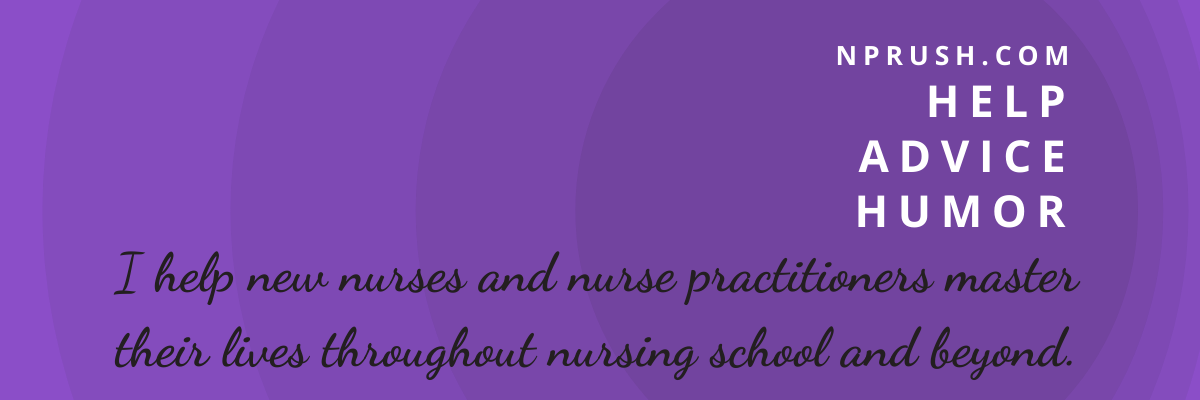But all my friends are doing it.
To study group or not to study group?
That is the question.
Study groups can foster competition but can also provide tons of support.
Group study can promote critical thinking, foster debates, and spur discussions or turn into a gripe-fest or gossip mill. But there’s a chance you could retain as much as 50% of what you learn. So are they worth it?
There are pros and cons to study groups, so how can you use this study tool to your advantage?
Here are some tips on using study groups effectively.
Find your people.
Your best bet is to find a group comprised of like-minded people. There are students out there who are committed to achieving good grades and using their time wisely. This is probably the most important aspect of any study group.

The count down.
Plan ahead of time, as a group, how many study sessions there will be. Deciding early on how many, how long, and where and when ensures that all members know and understand what’s ahead.
Be prepared.
Show up rearing and ready to go. Don’t be that person who didn’t read the text or listen to the lecture. What good will it do you to show up and listen to the discussion? It’s not like you can participate because you don’t have a clue about what’s going on.
Yeah . . . if you’re going to be a part of the group, then BE A PART of the group. People are counting on you.

Stay focused and organized.
It’s everyone’s responsibility to stay on task. Stick with the topic and follow the plan. If someone brings up politics or gender differences, gently interrupt and get things back on track. Even if you hate focus and organization, these groups usually only last an hour or two, you’ll be fine.
To lead or to follow?
Sometimes there’s someone who leads the group, directing the sessions, deciding how to review and what to review. Most of the time, these things are decided as a group. Be sure to find out the details prior to committing. You don’t want to be stuck with a power-hungry, senior level student, nor do you want everyone floundering in a sea of knowledge.
If you can appoint someone to do a quick “review” at the beginning and “wrap up” at the end, well, all the better use of your group time.

Location. Location. Location.
It’s all about the location! Choosing an appropriate place is important. Don’t pick the McDonald’s booth by the front door or the student lounge by the cafeteria. Think about decreasing distractions and increasing focus. The best option is probably the most obvious: find a room at the library like normal people.
Format the sessions to suit everyone.
Discussion isn’t the only way to do a group study. Have everyone provide input on formatting the study sessions. One person could quiz everyone from the questions at the end of the chapter. Members could take turns summarizing sections of text within a chapter. Encourage creative participation.
Don’t forget to take a five minute break every 30-45 minutes.
According to The National Training Laboratories in Maine, students are likely to retain about 50% of the information obtained from a group discussion.
Check out my blog post Retention For the Nurse Practitioner Student to learn more.
I’d love to hear how you’re doing in your study group. Leave a comment and let me know how it’s going.
Cheers!






